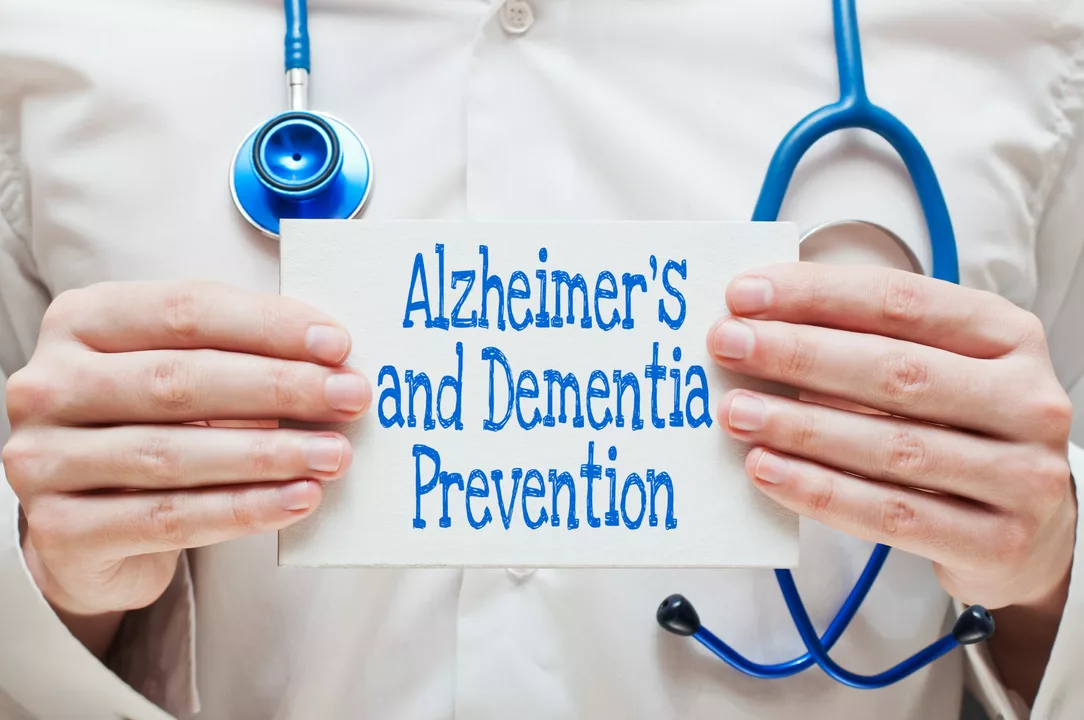Alzheimer's Prevention: Practical Steps to Lower Your Risk
About 1 in 9 people aged 65 and older has Alzheimer's. You can’t promise you’ll never get it, but you can cut your risk with everyday choices. This page focuses on clear, doable actions you can start now—no miracle cures, just common-sense steps backed by research.
Daily habits that help
Move your body. Aim for at least 150 minutes of moderate aerobic activity a week (brisk walking, cycling) and add two sessions of strength work. Exercise improves blood flow to the brain and is one of the best ways to lower risk.
Eat for your brain. The MIND diet—mix of Mediterranean and DASH—focuses on leafy greens, berries, nuts, whole grains, fish, beans, poultry, olive oil, and limited red meat and sweets. Long-term studies link it to a lower chance of cognitive decline; even partial adherence helps.
Sleep well. People who regularly get 7–8 hours of quality sleep have better memory retention. Treat sleep apnea if you have it—using CPAP when needed reduces brain stress from poor oxygen levels.
Control vascular risks. High blood pressure, high cholesterol, and diabetes raise dementia risk. Work with your doctor to manage these—medications, diet, and exercise all matter. Small improvements in blood pressure and blood sugar add up over years.
Cut smoking and limit alcohol. Smoking accelerates brain aging. Heavy drinking raises risk too. If you drink, keep it moderate and talk to your clinician about what’s safe for you.
Keep your mind and social life active. Read, learn a new skill, play strategy games, volunteer, or join a group. Social contact and mental challenge both strengthen brain networks and make daily life richer at the same time.
Medical steps and when to act
There’s no guaranteed pill that prevents Alzheimer’s right now. Some treatments and vaccines are in trials, and certain blood-pressure drugs and cholesterol control have been linked to lower risk in studies, but you should discuss options with your doctor before making changes.
Watch for changes that affect daily life. If you or a loved one struggles with tasks you used to handle (managing bills, driving, or remembering appointments), see a clinician. Early assessment catches reversible causes and opens the door to supportive care or trials.
Ask about clinical trials. If you want to be proactive and eligible, research centers often look for volunteers. Trials can offer access to new approaches and help move prevention science forward.
Start small and be consistent. Pick one habit—walking, adding a few servings of greens, or improving sleep—and keep it up. Over years, steady changes stack into meaningful risk reduction. Explore our tag articles for guides on diets, safe meds, and lifestyle tips to support your brain health.

